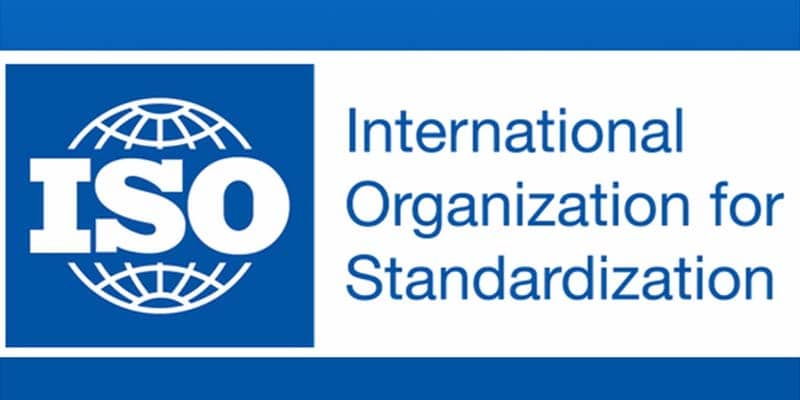We’ve talked before about D+M Metal Products’ quality control program and how following ISO standards greatly improves our company operations. How do ISO standards affect the quality of our work and our products? We will go into detail about that in this blog.
What Are ISO Standards?
The International Organization for Standardization (ISO) “creates documents that provide requirements, specifications, guidelines or characteristics that can be used consistently to ensure that materials, products, processes and services are fit for their purpose.” The ISO and its regulatory guidelines exist so that manufacturers will follow and maintain precise processes that will produce high quality products for their customers across industries.
D+M Metal Products is specifically ISO 9001:2015 certified. The 2015 standard provides a framework for a systematic approach to managing our processes and procedures.
Compliance with ISO standards ensures uniformity of products. These standards provide detailed instructions and drawings for workers to use. In metal fabrication the results of that are products that are exactly the same in shape and cut. Manufacturers worldwide follow the same standards and are required to test the components they produce for quality and durability that are also specified by the ISO standard.
The parts produced by ISO compliant companies will be interchangeable which means that they can be used with other parts without concern that they won’t fit correctly or they won’t last over time. It would be an enormous problem throughout industries, for instance, if hinges were made differently by every manufacturer and they were not rigorously tested for use, wear, and durability.
ISO certification is one way that companies use to make decisions about the suppliers they use. They know that ISO certified companies have processes in place that will guarantee the quality of their products. The ISO requires these companies to be regularly audited in order to ensure those processes are being followed. As a result, company owners or managers don’t have to spend additional time researching or vetting a long list of vendors. The ISO certification does the vetting for them.
This is useful from a customer perspective, but it’s also useful to metal fabricators. Because each fabricator does not have to draw up its own standards for all of the components produced, it can be more productive and efficient – and it can pass on that efficiency to its customers in the form of lower costs.
The ISO 9001 standard helps companies work more efficiently because it breaks processes into steps and sequences that workers can easily follow. It also identifies the proper manager of a task, groups workers into teams, and assigns steps and sequences to those teams or workers. With all of these important items already determined, the managers and workers know what they must do and which materials and machines they must use to get the work done. They do not need to lose or waste time making these decisions.
Following ISO standards can also save customers from making costly mistakes. An ISO compliant fabricator will be able to determine if a customer’s design will violate ISO standards and determine what changes must be made before time, money, and energy have been expended. This promotes trust and cooperation between vendors and customers.
D+M Metal Products is proud to be ISO certified. We have invested a great deal of time and effort into our certification, and we believe it directly affects our custom metal fabrication output and customer satisfaction. We rigorously test the components and parts fabricated at our facility for quality and durability according to ISO standards. If you have any questions about ISO certification or our processes and procedures, we would be happy to discuss them with you at any time. Call us for a quote for your project today.

